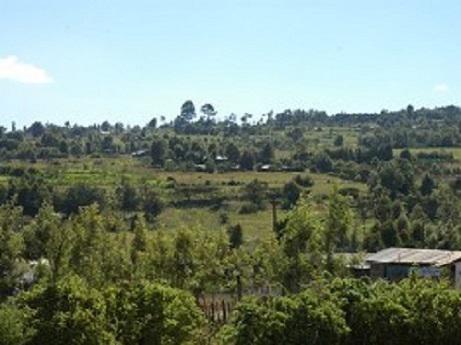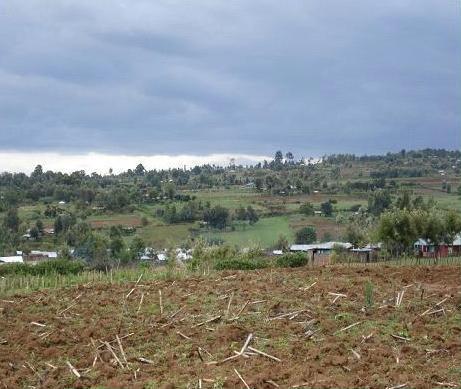Mwangi Githiru
Other projects
28 Mar 2008
Building a Local Community Conservation Group and Boosting Environmental Conservation Activities Around the Mau Forest Water Tower
This project mainly aims to build up the activities of a dynamic community-based conservation group which received seed money from Rufford small grant programme, in order to increase and broaden their activities and impacts. Besides continuing to plant trees along River Njoro and supplying farmers and schools with saplings, this second grant will help the group fully embrace the social-environment nexus, working on explicit social development initiatives, besides conducting basic biological research.

Using the initial grant from the RSG programme, we developed the local group Kamwaura Youth Aids & Drugs Awareness and Environmental Care (KYADAEC) into a self-sustaining group of motivated individuals who continued to work on a voluntary basis even after the funds from the previous grant ran out. These individuals are an influential section of the youth of this area which was rocked by post-election violence after the last elections in Kenya. They play a key role in maintaining social cohesion and peace that is currently prevailing, and having activities that keep them occupied helps a great deal.

In order to promote peace, social development and environmental conservation, we considered broadening the group activities besides tree planting to include conducting basic biological research (monitoring) as well as some income-generating activities for long term sustenance of the group. This second project aims at these goals, through the following five major activities:
Project launch: the second phase of the project will be launched in a public gathering where the current and future ideas will be introduced and discussed with the entire community for ownership (e.g., this will facilitate a smooth working atmosphere when KYADAEC conducts biological research on people’s farms, as well as engage schools children)
Capacity building: targeted individuals will be invited to visit KYADAEC in-situ for various training aspects, particularly related to conducting biological research and managing group income-generating activities such as bee-keeping and horticulture farming. Micro-financial knowledge will also be sought to help with funds management and ensuring long-term group cohesion
Income-generating activities: four major income-generating activities will be initiated for sustaining the group beyond the project period. These include: bee-keeping, rabbit and poultry rearing, and horticulture production
Extended tree planting: although KYADAEC already has a decent-sized tree nursery, seedling numbers will be increased and further diversified to include fruit trees and trees with specific desirable agro-forest qualities; new areas will be identified for tree planting – especially along River Rongai – using indigenous trees
Biological research: KYADAEC members will carry out basic research and surveys on bird, butterfly and mammal species in the area. Members will be trained on basic techniques of carrying out surveys and research for the necessary taxa, especially bird watching/research and identification of species. Where necessary, equipment will be purchased and external experts sought to train members.